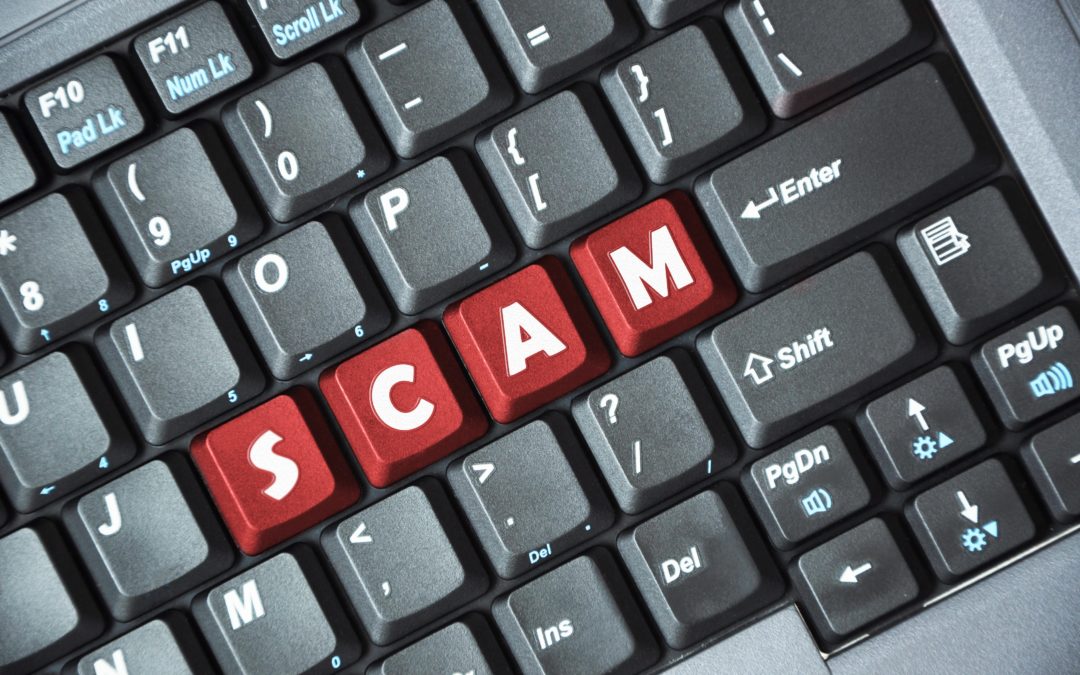Tech scams can come in many forms, but they’re all after the same thing: your money and your information. Most tech scams will claim that your device is experiencing an urgent issue that, if you don’t solicit their pseudo “tech support” soon, will result in the loss of your data.
By 2018, we’ve all seen our fair share of pop-ups and scam calls, but they seem to get more crafty as time progresses. While you can always contact our experts at (401)783-0613 or support@therightclick.net with questions, it’s important you’re equipped to sniff out a scam before it happens.
One of the most common tech scam is an unsolicited call. Scammers will give you a ring and claim to be a representative from companies like Apple or Microsoft, then offer their support to fix a detected computer issue. Major companies like Apple and Microsoft will never call you unsolicitedly and you should never give your personal information. To further confirm it’s a scam, just Google search the number that called and it’s likely already reported as a scam. But beware of scammers that fake phone numbers to appear as a company’s support line.
And then there’s the ubiquitous web scam. You’ll see a pop-up window with the flashing words “VIRUS DETECTED!” and be prompted to solicit their support. This prompt may appear in the form of calling a phone number or downloading an application or software. To trick you even further, these alerts may even appear in a similar design to your operating system. Don’t do it. Even if it’s not attached to a possible scam, you can always reach out to us if you’re wary of downloading any third-party software.
Already fallen victim to a scam?
Immediately remove any application the scam prompted you to install. If you gave any personal info like logins or passwords, change them. And, of course, immediately call your credit card provider to reverse the charge if you paid for a service. You can also file a complaint with the FTC to help bring that scam to a halt.
After that, call us. We’ll remove malware from your device along with any trace of malicious activity—and we never take sketchy gift cards as payment.
For more information on support scams, check out Microsoft’s scam guide here or Apple’s scam guide here.
Stay safe out there.

